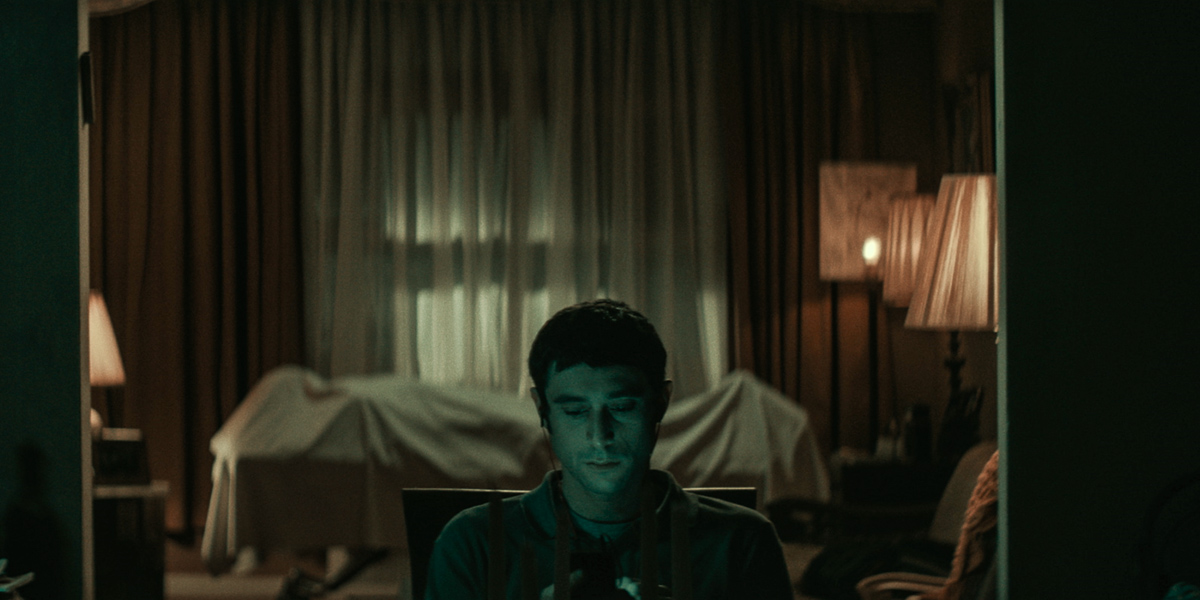Horror Through Faith and Folklore
Premiering at the Toronto International Film Festival in 2019, The Vigil is a supernatural horror film that takes a refreshingly original approach by grounding its scares in Jewish tradition and cultural trauma. Written and directed by Keith Thomas in his feature debut, the movie offers a tense, atmospheric experience that blends folklore with psychological dread. While the film eventually received a wider release in 2021, its festival debut in 2019 marked it as a standout in modern horror for its unusual subject matter and thoughtful execution.
The narrative centers on Yakov Ronen, a young man who has recently distanced himself from his Orthodox Jewish community in Brooklyn. Still reeling from past trauma and struggling to adapt to secular life, Yakov is approached by a rabbi who offers him money to act as a “shomer”—a guardian tasked with watching over the body of the recently deceased Mr. Litvak overnight. Though reluctant, Yakov agrees out of financial desperation and enters the dimly lit home where the body lies. What begins as a seemingly straightforward religious duty quickly spirals into a night of escalating terror as Yakov realizes that a dark, supernatural entity has attached itself to the house and to him.

At the heart of the horror is the “mazik,” a creature from Jewish folklore that preys upon guilt and suffering. This entity embodies not only the spiritual unrest of Mr. Litvak but also Yakov’s own unresolved grief and trauma. The film uses the supernatural threat as both literal and metaphorical, forcing its protagonist to confront painful memories of his past as well as the larger historical and cultural weight carried by his community. This blend of folklore, faith, and psychological exploration gives the film depth beyond standard haunted-house tropes.

Dave Davis delivers a strong, layered performance as Yakov, making the audience feel his vulnerability, inner conflict, and eventual determination. His portrayal anchors the story, ensuring that viewers are invested not just in the scares but in his personal journey. Lynn Cohen, as Mrs. Litvak, also adds emotional weight, portraying a grieving widow who reveals the true depth of the darkness surrounding her family. Their interactions help humanize the story, grounding the supernatural with real human emotion.
Visually, The Vigil thrives on atmosphere rather than spectacle. Much of the film is confined to a single, shadow-filled home, with dim lighting and claustrophobic spaces enhancing the sense of unease. The cinematography uses silence and darkness as weapons, and the sound design amplifies every creak, whisper, and distant noise, building dread with precision. Instead of relying on constant jump
-1751861188-q80.webp)
-1752545504-q80.webp)
-1751708543-q80.webp)